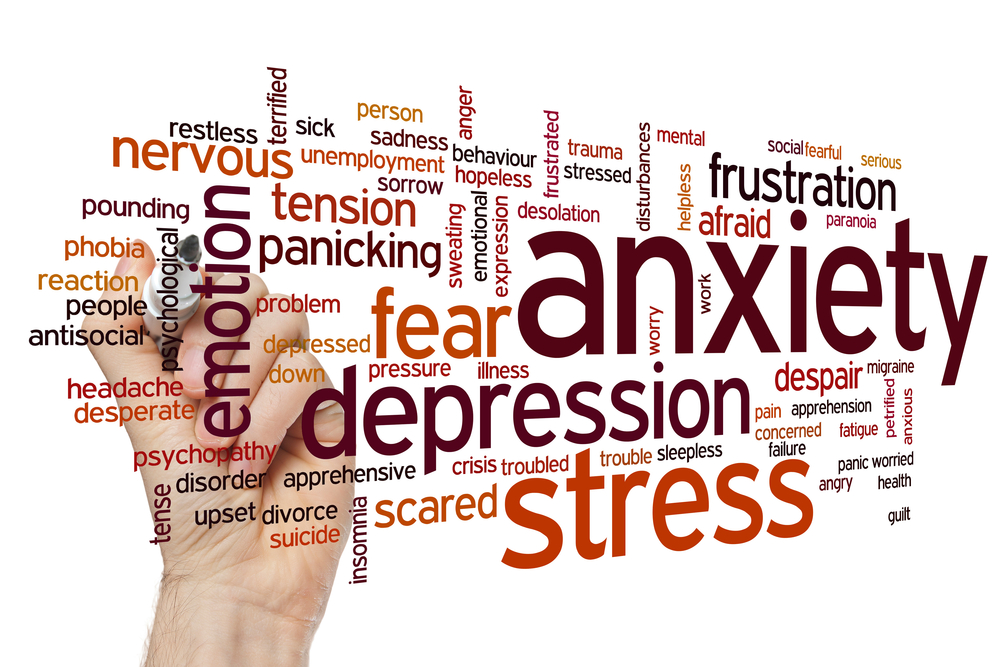Addiction, also known as substance use disorder (SUD), is listed in the Diagnostic and Statistical Manual of Mental Disorders, Fifth Edition (DSM-5), as a chronic, relapsing neurological disorder. The Mayo Clinic explains addiction as a disease “that affects a person’s brain and behavior and leads to an inability to control the use of a legal or illegal drug or medication.” Individuals that struggle with addiction will prioritize satisfying drug cravings above all else. This can lead to detrimental consequences affecting all areas of one’s life. Data from 2022 presented by the National Center for Drug Abuse Statistics, indicate that addiction affects over 20 million Americans aged 12 and over. The recovery process from substance abuse and/ or addiction is entirely personal, and it will be directly informed by one’s personality, mental health, and emotional needs. Further, every person is unique and will respond distinctly to the array of treatment methods available. For this reason, a customized treatment plan provides everyone with the highest potential for a successful recovery.
Dialectical Behavior Therapy
There are many different types of substance abuse and/ or addiction treatment options available as well as several distinct therapeutic modalities that can be incorporated into one’s treatment plan. One commonly relied upon therapeutic intervention used in substance abuse and/ or addiction treatment plans, for example, is dialectical behavior therapy (DBT). Dialectical behavior therapy is an evidence-based psychotherapeutic modality that emphasizes the psychosocial aspect of treatment. Psychologist Marsha M. Linehan developed DBT in the late 1980s as a means to more effectively treat chronically suicidal individuals diagnosed with borderline personality disorder (BPD). DBT combines standard cognitive behavioral therapy (CBT) techniques for emotional regulation and reality testing with psycho-educational modules and concepts derived from Buddhist meditative practice such as awareness, mindfulness, and attentiveness to current situations and emotional experiences.
DBT is a rigidly structured approach that is carried out in three different therapeutic settings: weekly individual psychotherapy (one-on-one therapy) sessions; weekly DBT skills training group sessions, and as-needed phone coaching. Within each setting, DBT utilizes four main strategies for teaching individuals’ skills that help with effectively changing their behaviors. These are referred to as the four modules of DBT and include: core mindfulness (focusing skills), distress tolerance (crisis survival skills), emotional regulation (de-escalation skills), and interpersonal effectiveness (social/ relationship skills). Each module highlights distinct and specific skills that build upon each other and are individually and collectively integral to the success of this therapeutic intervention. The DBT format affords both the ability to offer personalized therapeutic support through the individual therapy sessions, as well as peer support though the DBT skills training group sessions. Since its inception, dialectical behavior therapy has been and remains the gold standard method of treatment for individuals diagnosed with BPD and has also proven effective in treating individuals with other mental health conditions, including addiction.
The information above is provided for the use of informational purposes only. The above content is not to be substituted for professional advice, diagnosis, or treatment, as in no way is it intended as an attempt to practice medicine, give specific medical advice, including, without limitation, advice concerning the topic of mental health. As such, please do not use any material provided above to disregard professional advice or delay seeking treatment.


